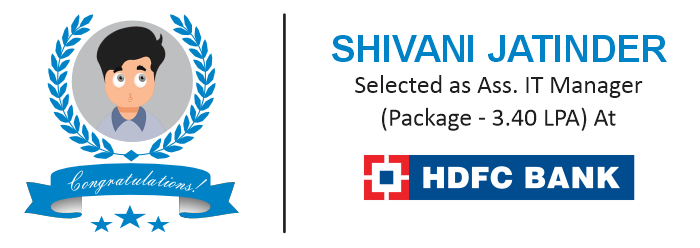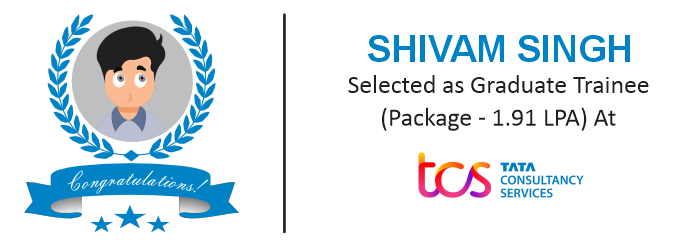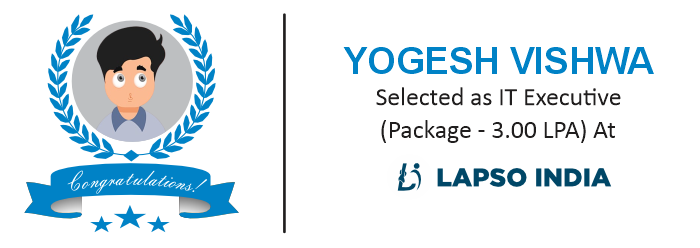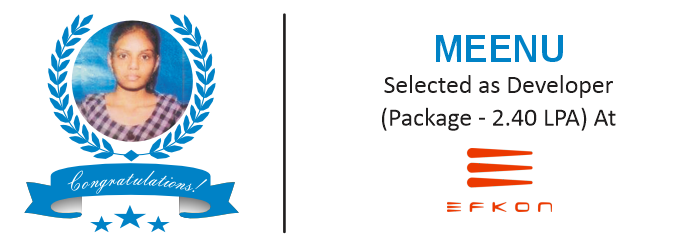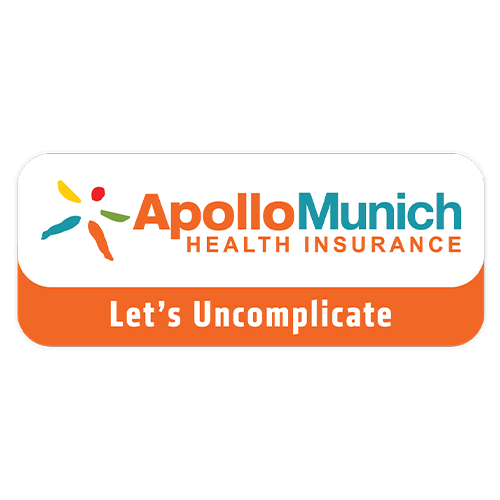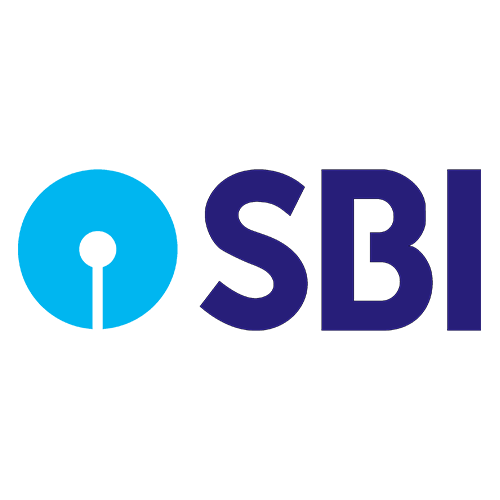Enquiry For Demo
Cyber Security and Ethical Hacking Certification

Course Duration- 120 Hours | Internship Plus
Course Objectives:
Learn to create and manage dynamic web applications with seamless backend and frontend integration
Build secure and efficient APIs using Laravel to enable robust communication between systems.
Analyze application performance and optimize database queries using Laravel's Eloquent ORM.
Prepare to develop, deploy, maintain scalable, full-stack web solutions for real-world business needs.
Industry Readiness Certification Programs
About Cyber Security and Ethical Hacking Certification
The Full Stack PHP with Laravel Certification is designed to equip learners with the skills needed to develop robust, scalable, and dynamic web applications. This program focuses on mastering PHP, a widely-used server-side scripting language, and Laravel, one of the most powerful and user-friendly PHP frameworks. Participants will gain a deep understanding of backend development, database integration, API creation, and frontend technologies to build full-stack web solutions. The certification emphasizes hands-on training, enabling learners to create real-world applications with Laravel's elegant syntax and powerful tools.
This Course is Suitable For
- Aspiring Web Developers: Individuals looking to build a strong foundation in web development and master both frontend and backend technologies.
- Software Developers: Professionals seeking to enhance their programming skills and learn to develop dynamic web applications using PHP and Laravel.
- Computer Science Students: Learners aiming to gain practical experience in full-stack development as part of their educational curriculum.
- IT Professionals: Technology enthusiasts who wish to stay current with modern web development practices and tools.
Course Syllabus Highlights:
Module 1:Introduction to Cyber Security
- What is Cyber Security?
- Importance of Cyber Security in Modern Times
- Types of Cyber Threats: Malware, Phishing, Ransomware
- Cyber Attacks and their Impact
- Cyber Security Frameworks and Standards (ISO, NIST, etc.)
- Risk Management and Threat Modeling
- Confidentiality, Integrity, and Availability (CIA Triad)
- Authentication, Authorization, and Accounting (AAA)
- Network and Information Security
- Security Policies and Best Practices
Module 2:Network Security
- Introduction to Networking Concepts
- OSI and TCP/IP Models
- Network Protocols and Port Numbers (HTTP, HTTPS, DNS, FTP, etc.)
- Types of Networks (LAN, WAN, VPN)
- Firewalls: Types and Configuration (Packet Filtering, Stateful Inspection, Proxy Firewalls)
- Intrusion Detection and Prevention Systems (IDS/IPS)
- Virtual Private Networks (VPNs)
- Network Segmentation and VLANs
- Network Monitoring and Sniffing Tools (Wireshark, Nmap)
Module 3:Ethical Hacking Basics
- Ethical Hacking vs. Black Hat Hacking
- Legal and Ethical Issues in Hacking
- Role of an Ethical Hacker and Penetration Tester
- Phases of Ethical Hacking (Reconnaissance, Scanning, Gaining Access, Maintaining Access, Clearing Tracks)
- Information Gathering and Footprinting
- Scanning Networks and Systems (Port Scanning, Vulnerability Scanning)
- Exploiting Vulnerabilities (Buffer Overflow, SQL Injection, Cross-Site Scripting)
- Overview of Popular Hacking Tools (Kali Linux, Metasploit, Burp Suite)
- Using Nmap for Network Scanning
- Using Wireshark for Packet Sniffing
- Exploit Development and Metasploit Framework
- Social Engineering Techniques
Module 4:Web Application Security
- Web Application Architecture (Client-Server Model)
- Common Web Application Vulnerabilities (OWASP Top 10)
- SQL Injection, Cross-Site Scripting (XSS), Cross-Site Request Forgery (CSRF)
- Session Management and Authentication Flaws
- Secure Coding Practices
- Reconnaissance and Information Gathering for Web Applications
- Automated Web Scanning Tools (Burp Suite, OWASP ZAP)
- Exploiting Web Application Vulnerabilities
- Web Application Firewalls (WAF) and Bypassing Techniques
Module 5: System and Wireless Network Security
- Operating System Hardening (Linux, Windows)
- Patch Management and Updates
- Security Configurations and Permissions
- Anti-virus and Anti-malware Tools
- Log Management and Auditing
- Introduction to Wireless Networks and Protocols (Wi-Fi, Bluetooth)
- Wireless Security Protocols (WEP, WPA, WPA2, WPA3)
- Attacks on Wireless Networks (Evil Twin, Deauthentication Attacks)
- Securing Wireless Networks: Encryption and Authentication
- Wireless Penetration Testing Tools
Module 6:Malware Analysis and Reverse Engineering
- Types of Malware: Viruses, Worms, Trojans, Ransomware
- Malware Behavior and Infection Techniques
- Malware Detection Methods (Signature-based, Heuristic, Behavioral)
- Sandboxing and Analyzing Malware
- Introduction to Reverse Engineering
- Static and Dynamic Analysis of Malware
- Using IDA Pro, OllyDbg, and Ghidra for Reverse Engineering
- Disassembling and Debugging Code
Module 7:Cyber Security Threats and Incident Response
- Threat Intelligence Collection and Analysis
- SIEM (Security Information and Event Management) Systems
- Log Aggregation and Analysis
- Real-time Threat Detection and Response
- Incident Response Lifecycle
- Incident Detection, Containment, and Eradication
- Post-Incident Analysis and Forensics
- Creating Incident Response Plans
Module 8: Advanced Topics in Cyber Security
- Cloud Computing Models (IaaS, PaaS, SaaS)
- Security Issues in Cloud Environments
- Cloud Security Best Practices and Tools
- Security Threats in Mobile Devices (Malware, Data Leakage)
- Mobile Operating System Security (iOS, Android)
- Mobile App Security Testing
- Blockchain Technology and Security Considerations
- IoT Devices and Security Challenges
- Securing IoT Networks and Devices
Module 9: Certification Exam Preparation and Practice
- Summary of Core Topics in Cyber Security and Ethical Hacking
- Sample Exam Questions and Practice Tests
- Hands-on Practical Labs (Penetration Testing, Malware Analysis)
- Theoretical and Practical Assessments
- Certification Exam
What You'll Learn?
-
 PHP Programming Basics
PHP Programming Basics
-
 Laravel Framework
Laravel Framework
-
 MVC Architecture
MVC Architecture
-
 Routing and Middleware
Routing and Middleware
-
 Database Management
Database Management
-
 Building RESTful APIs
Building RESTful APIs
-
 Frontend Technologies
Frontend Technologies









.png)
